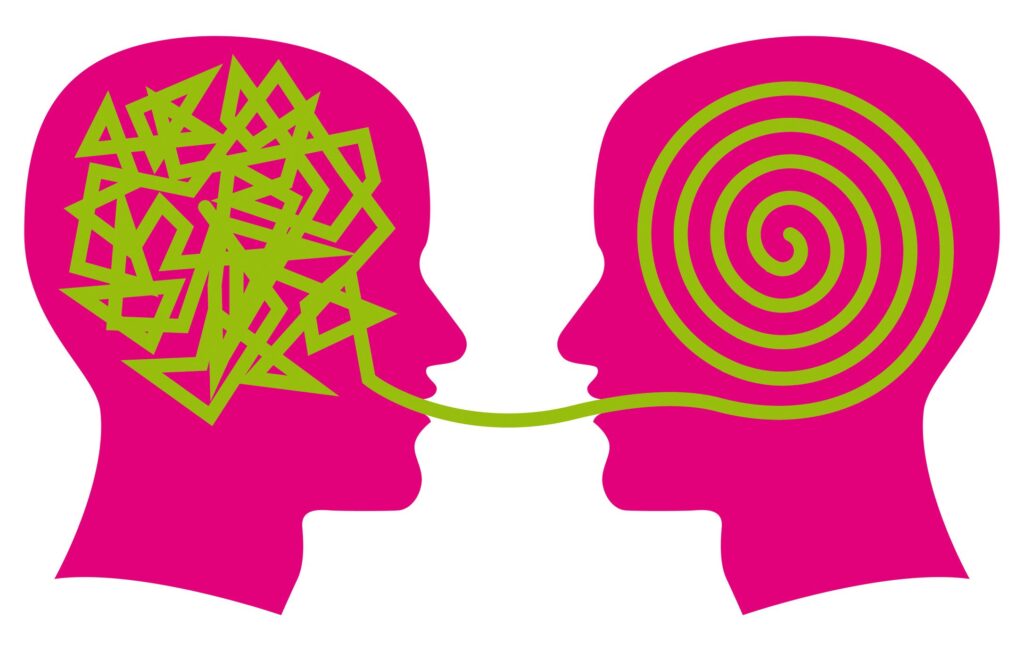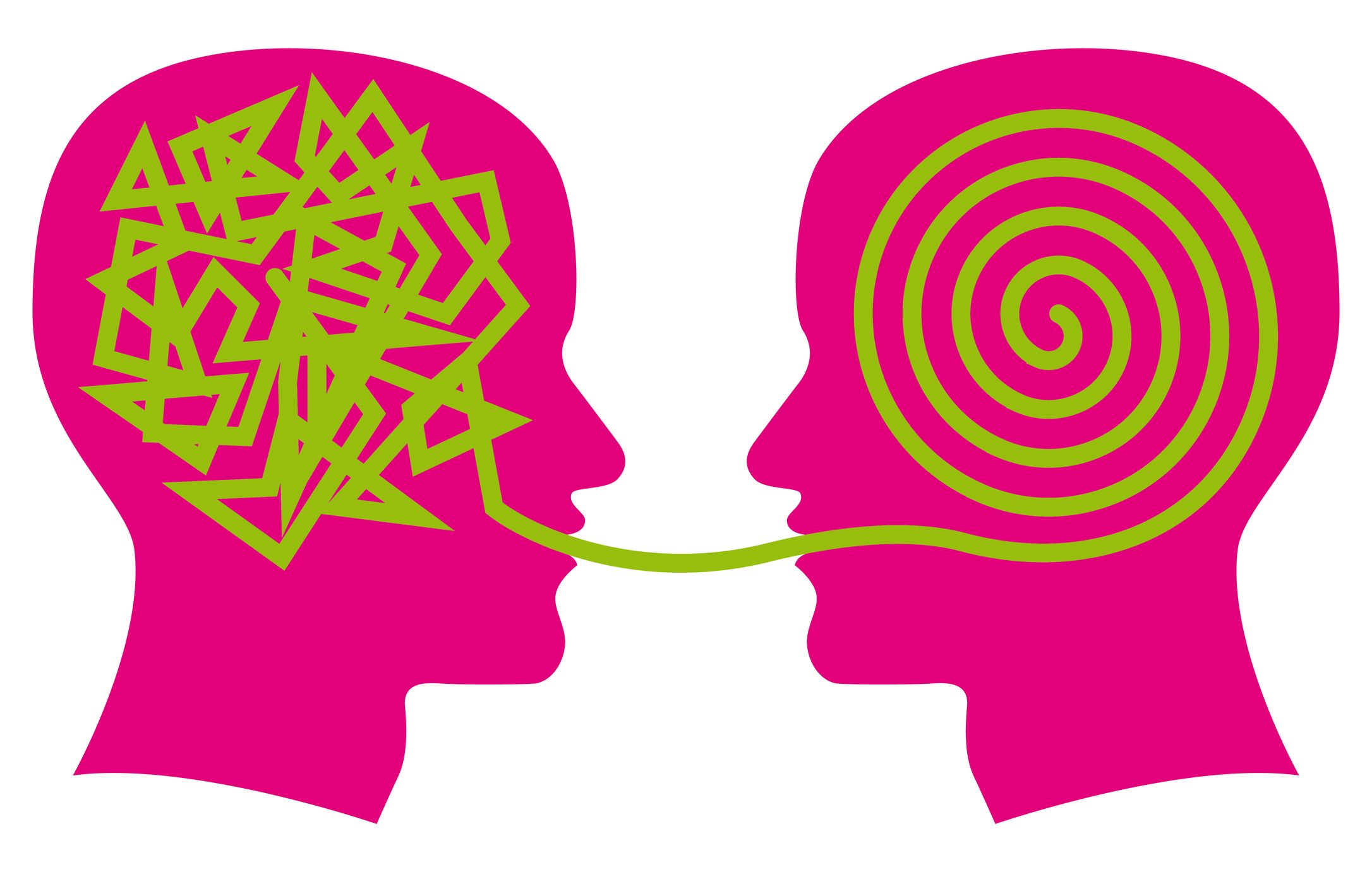
Drug and alcohol addiction are both a significant problem among Americans. If you have been affected by this menace, it is critical that you find effective ways to help you break loose from the chain of addiction. Are you looking to find cognitive behavioral therapy in Chicago to help find healthy alternatives to your daily dose of drug? There is hope at Uptown Psych.
What to Expect in a Cognitive Behavioral Therapy Session
During your first session, your physician will do an assessment to get to know more about you. Your doctor will like to know about your medical, psychological, and family history, as well as education details. It is also essential for your doctor to know about the current issues that are affecting you. These details help the health care professional have a better understanding of your background and need for treatment. During the preceding sessions, your treatment plan will focus on helping you change your thinking and behavioral patterns. You may be required to perform certain activities to help identify your thinking patterns so that you change the habits which are not beneficial to you. Your doctor may also help change your thought patterns by using questions and encouraging you to try out new behaviors that work for you.
How Long Does Treatment Last?
Most people require about 5-20 sessions of cognitive therapy to change your thinking patterns. Cognitive-behavioral therapy is a short-term strategy, but the amount of time it will take before results can be manifested varies from one person to another. Among the factors that influence how long your treatment will take include:
- The severity of your symptoms
- The type of situation or disorder affecting you
- How long you have been battling with your situation or showing symptoms
- Rapid progression in treatment
- The level of stress exposed to in your daily life
- The level of support accorded by your support network
Your therapist will explain in finer details about the ideal treatment plan for you. It is easier for you and your therapist to know how long your treatment will last if the therapy objectives are specific. For instance, you might want to take on challenging jobs to help you grow instead of jobs that are easy to come by and have a low risk of failure. If you have been battling addiction, you could perhaps aim at training your mind to embrace healthier coping mechanisms instead of turning to drugs and substances.
Cognitive Behavioral Therapy Helps Deal With Addiction
Your CBT therapist will confer you with skills to help recognize what triggers you to abuse drugs or substances, and the methods to help you deal with those emotions. Your physician will help you win the battle against substance abuse by:
- Avoiding situations that might reawaken your desire for substance
- Evaluating your behavioral patterns that predisposes you to addictive actions
- Identifying harmful thoughts and feelings and substituting them with positive alternatives
- Developing practical strategies to help stave off trigger thoughts
Do not allow drugs and substance abuse to take center stage in your life. Schedule a consultation with your therapist today to learn how CBT can be of help.
